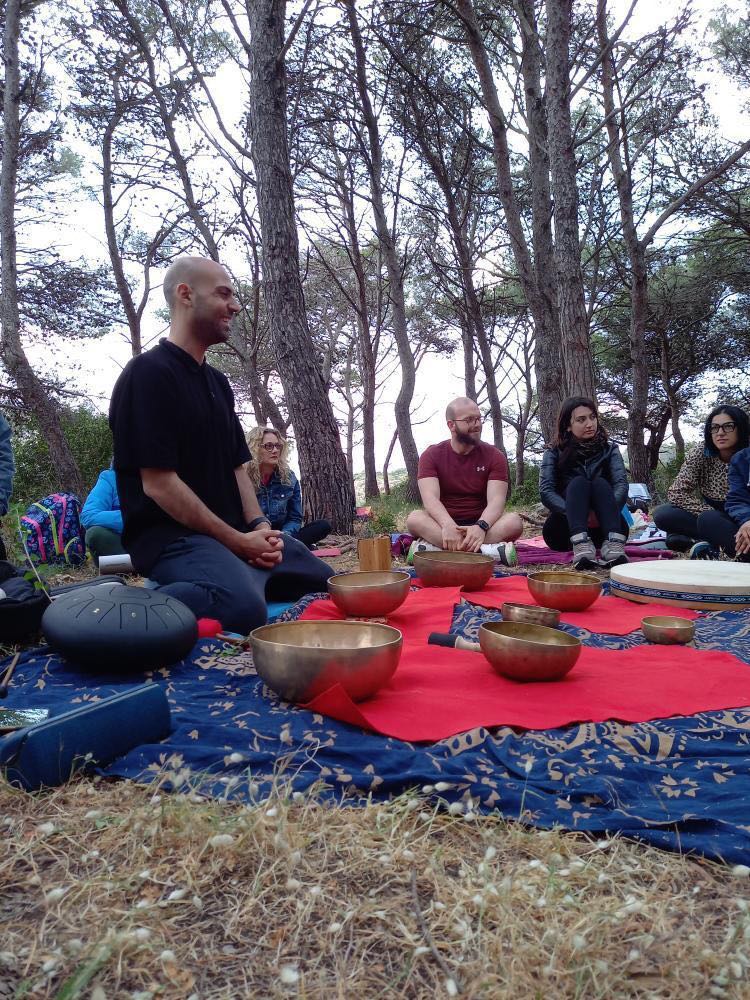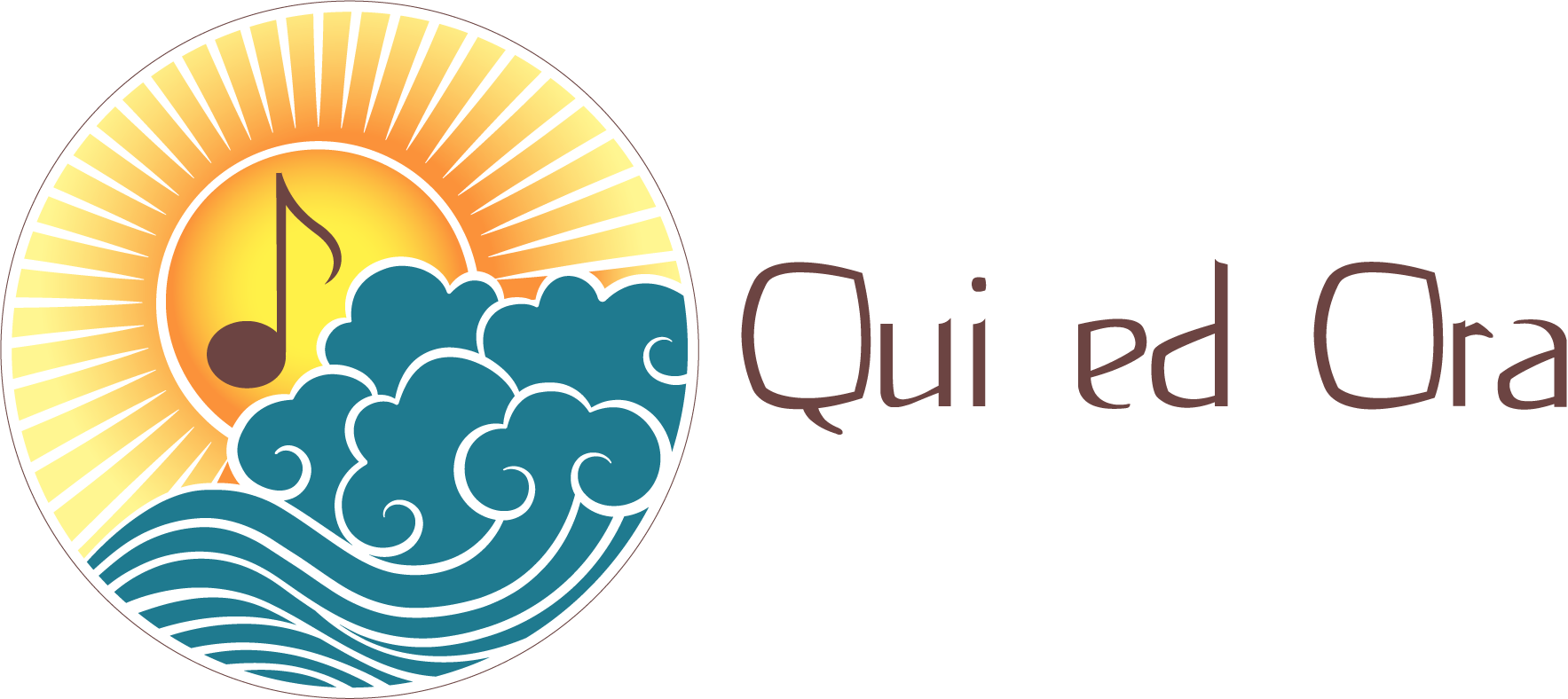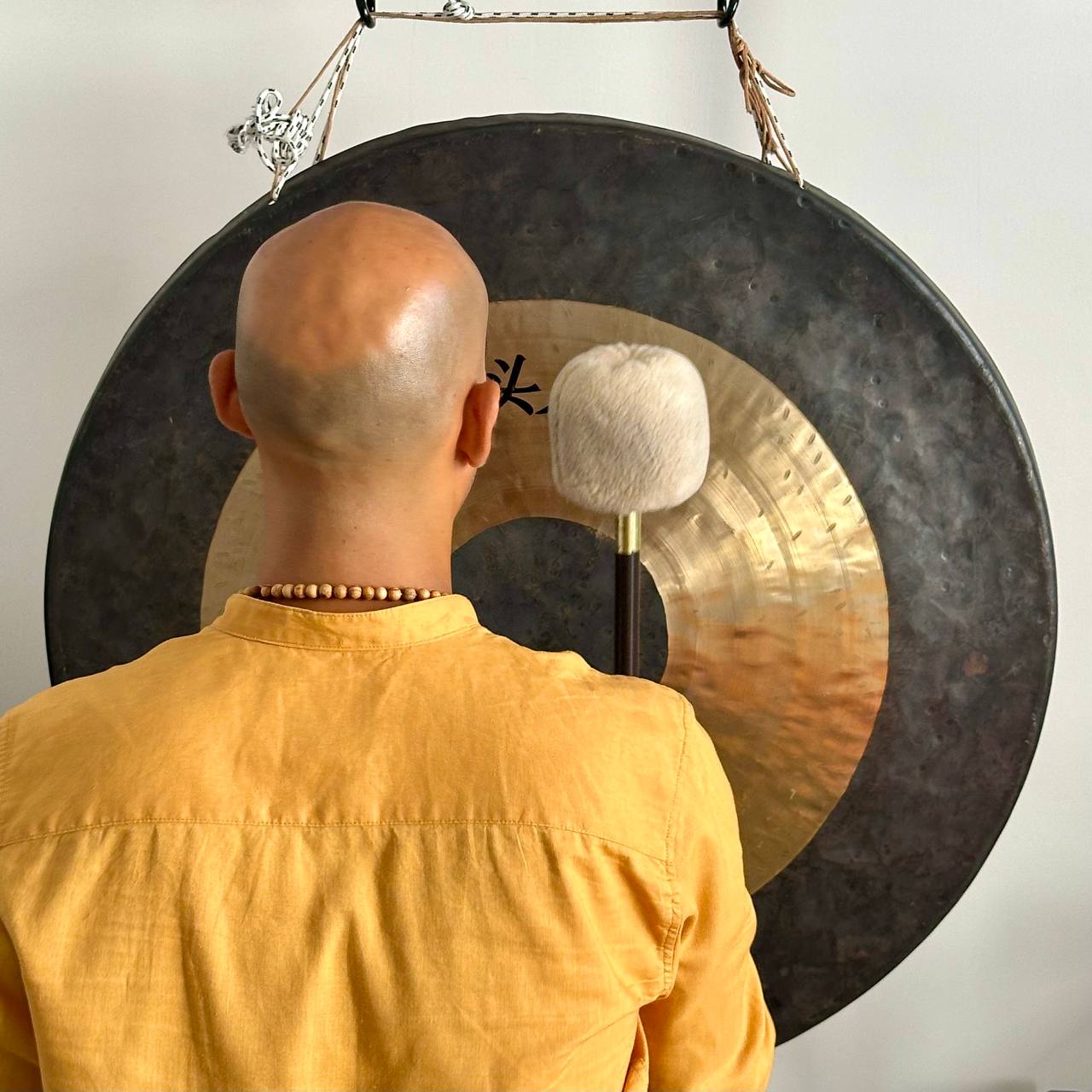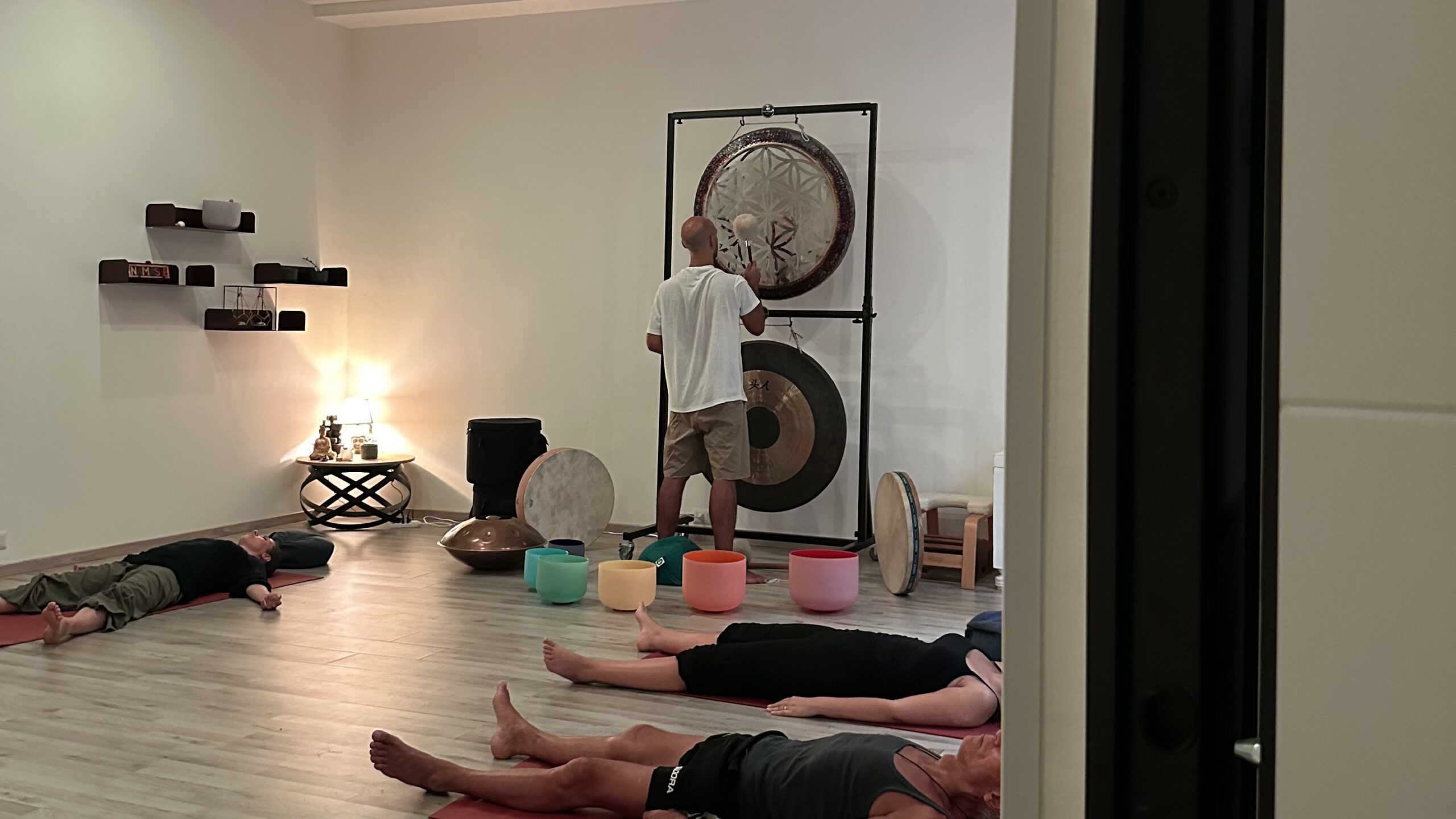MENTAL POISONS: HOW TO RECOGNIZE THEM
Most of us are so completely identified with the voice in our head, with that incessant stream of compulsive thought and the accompanying emotion, that we could describe ourselves as possessed by our mind. Until we are completely unaware of it, we believe the thinker is who we are. This is the egoic mind. The famous writer and spiritual teacher Eckhart Tolle calls it ego, because ‘there is a sense of self, of the I (the ego), in every thought, in every memory, in every interpretation, judgment, opinion, point of view, reaction, emotion. And, spiritually speaking, this is unawareness.’
Our thinking, the content of our mind, is obviously conditioned by the past, by the way we were brought up, by our culture, by the family situation and so on. The core of all our mental activity consists of repetitive thoughts and emotions, in reactive patterns with which we are strongly identified. This creates a real mental entity that feeds on what in the Zen – Buddhist tradition are called mental poisons, that is:
1 – Attachment: the tendency to always want something different from this moment or the tendency to attach to an idea, an opinion, self-judgment and judgment towards the other .
2 – Aversion: the tendency to oppose, to create resistance and to consider the life situation as an obstacle or an enemy.
3 – Confusion: when the mind is filled with compulsive thoughts and we are so identified with them that we cannot let them go

How to stop talking about yourself if we are constantly identified with this incessant inner dialogue?
The only practice that can interrupt mental automatism and help stop judging yourself is the constant practice of awareness or Mindfulness. Read more about the practice of Mindfulness here
Let’s take an example:
Every judgment or negative thought strengthens our ego, while in the meantime it causes a negative feeling in the body, a tension and a change in the natural rhythm of the breath and the release of toxic substances in the body. The unpleasant feeling as such then becomes unconscious, buried by the illusory heroic feeling of being right.
To stop criticizing yourself therefore, first of all it is of fundamental importance to recognize the judging activity every time it occurs and detach yourself from it, observing it simply, assuming the attitude of an impartial witness. When we realize that a judgment is presenting itself, we do not try to repress it, judging it wrong, because that would simply complicate things.
The practice of Mindfulness involves a suspension of judgments and simple observation of all that arises, including judgmental thoughts.
The mind’s ability to observe and understand itself is called meta-cognition. According to Western psychology, it is precisely the metacognitive ability that develops through the constant practice of meditation that makes it a useful technique for getting out of unconscious automatisms and reducing states of tension, stress and suffering. In the metacognitive state, one continues to use the thinking mind as needed, but in a much more focused and effective way than before. It is mostly used for practical purposes, but one is free from involuntary self-talk, and there is stillness within oneself, precisely because a distance has been created between the observer and the thinker in us.
Whenever we mentally attribute negative labels to others, whether while we are in front of them, and when we talk about them, or even thinking about them, even if we often don’t notice it, there is an emotion that goes with complaining and judging about them. others, and which gives even more energy to our ego: Resentment. To be resentful is to be bitter, indignant, offended, or hurt. We resent the greed of others, their dishonesty, their lack of integrity, what they are doing, what they have done in the past, what they say, what they failed to do, what they would or they shouldn’t have done.
Often everything that we perceive in others as a lack or an offense towards us is simply a mirror of our inner reality, it does not exist in the other but only in us. It is a misperception of the mind conditioned by the constant habit of struggling to feel superior or to be right.

NOT REACTING IS STRENGTH, NOT WEAKNESS
As Eckhart Tolle says in his book The New World, ‘One of the most effective ways to go beyond our ego, but also to dissolve the collective human ego, is precisely do not react to the ego of others. When we are in a non-reactive state we realize that nothing is personal and therefore we can recognize another’s behavior as an ego movement, as an expression of a collective human dysfunction. At this point there is no longer any compulsion to react. By not reacting to the ego, we can often allow the healthy aspect of the other to manifest. This is unconditioned awareness as opposed to conditioning. Sometimes, however, it is necessary to take precautions to protect oneself from very ignorant people, and we can do this without considering them enemies, by assuming the attitude of an impartial witness. Our greatest protection is to be conscious. The other becomes an enemy when we personalize his unawareness which is the ego. Not reacting is strength and not weakness. Another word for no reaction is forgiveness. To forgive is to look beyond; look beyond the ego to that healthy part that is in every human being, in the essence of him or her.’
Whenever we are engaged in an internal monologue such as: ‘this shouldn’t happen; I don’t want to be here; I do not want to; they treat me unfairly.’ we are falling into the illusion of the ego and losing sight of the present moment, i.e. life itself. As mentioned before, what we can do to interrupt this automatic monologue and consequently stop judging us is to try to pay attention to the voice in our head, perhaps at the very moment it complains about something, and understand that it is nothing but a conditioned mental pattern, a thought. We are the awareness behind the thought.
Continuing this practice of self-observation throughout our daily lives, we gradually become more and more free from ego, free from mental automatism. Through Mindfulness and meditation we can sharpen our attention and become observers of ourselves.

If you want to learn more about the technical specifications on how to stop judging yourself with mindfulness and meditation in I speak here
Here you can practice a guided mindfulness meditation, for free on my youtube channel:







